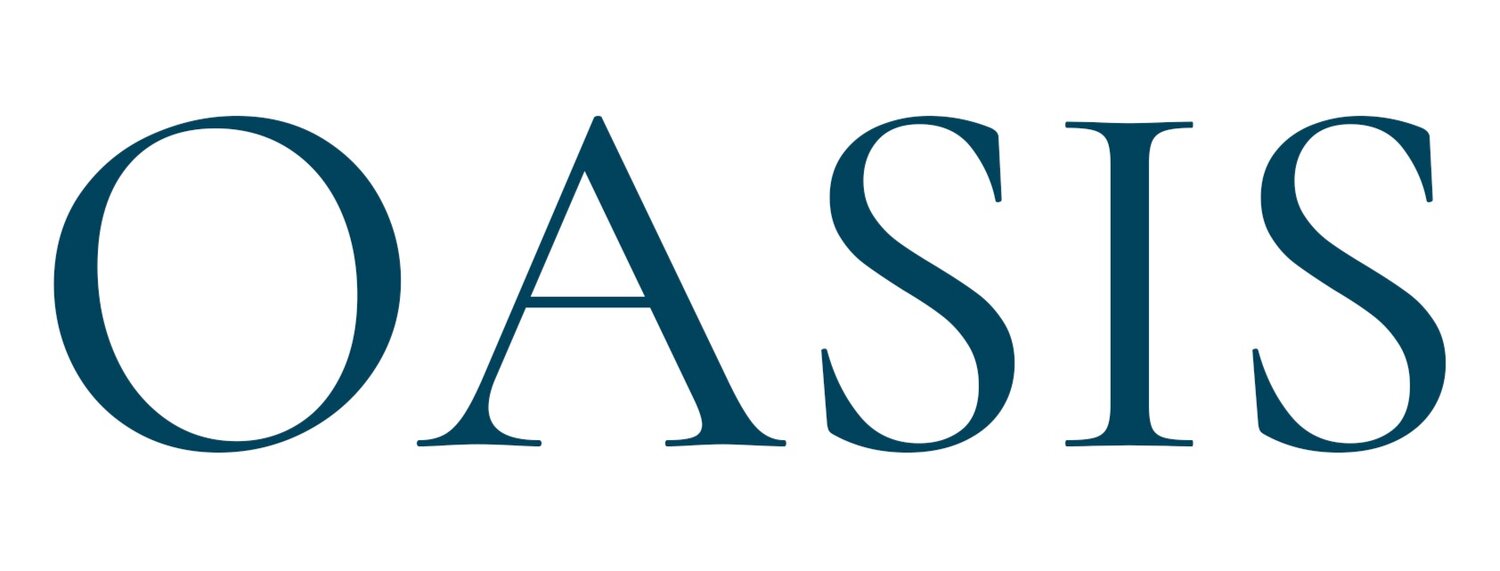
Reproductive Health Access
Improve availability of essential medicines for reproductive health, including family planning methods, especially among underserved communities.
Our Work
Saving Women’s Lives
In an effort to contribute to a significant and sustained reduction in maternal mortality caused by postpartum hemorrhage (PPH), OASIS is partnering with the Ministry of Health and Prevention (Ministère de la santé Publique et de la Prévention) in Chad to integrate misoprostol for PPH prevention and treatment into the public health care system down to the community level. Activities include updating the national maternal health guidelines to ensure they correspond with the most recent World Health Organization (WHO) recommendations, working with the regulatory authority and central medical stores to ensure high-quality misoprostol availability in the public sector, training providers from referral hospitals down to community-level health workers, and re-enforcing monitoring and evaluation practices to reduce potential barriers to availability. OASIS uses a multi-stakeholder model, which is comprised of local actors (government agencies, non-government organizations) and supported by multi-laterals and international non-government organizations.
Reproductive Health Medicines Availability
Borne of its history and success improving access to misoprostol, OASIS is working to increase access to other life-saving medicines. We conduct research and analysis that informs reproductive health policies, programs and practice in the Sahel and beyond. Our comprehensive Availability Framework examines the entire lifecycle of medicines, from supply chain and manufacturing to demand, distribution and end-use. OASIS partnered with the World Health Organization’s Special Programme of Research, Development and Research Training in Human Reproduction (HRP) to assess the availability of reproductive health medicines in 21 countries throughout Africa and Asia. We are currently working to use the assessment findings to spur local action and change to enable women to exercise their reproductive choice.
Kula da Juna (Group prenatal care)
With our longtime Nigerien partner, GRADE Africa, OASIS is working to reduce maternal mortality and increase uptake of postpartum family planning across the Sahel. We are evaluating an innovative group pre- and post-natal care approach implemented by GRADE with the Midwives Association of Niger (Association des Sages-Femmes du Niger) in government health centers in Maradi region.
Identifying Best Bets…
With our colleagues Prof. Jacques Emina (at PHERI/Univ. of Kinshasa) and Prof. Seni Kouanda (Institut Africain de Santé Publique, Burkina Faso) and their respective institutions, OASIS is working on a research initiative funded by the Children’s Investment Fund Foundation (CIFF). The overarching goals are to research and model fertility transition trajectories in 7 Sahelian/Francophone countries of West Africa (Burkina Faso, DRC, Mali, Niger, Nigeria, Senegal, Sierra Leone) and to identify key drivers of change in each country. Relevant findings will be shared to help government decision-makers identify and prioritize the most effective interventions, policies and strategies for national investment.
Over-the-Counter (OTC) Pill Project
The OTC pill project supports the #liberatethepill movement to remove the prescription requirement for dispensing combined hormonal birth control pills, making them more accessible to all who use them.
